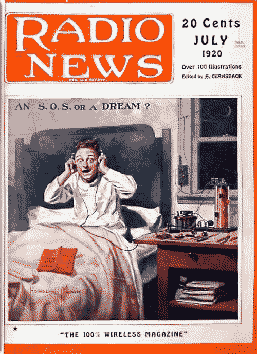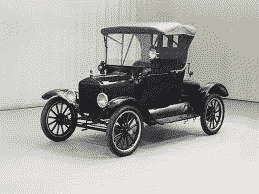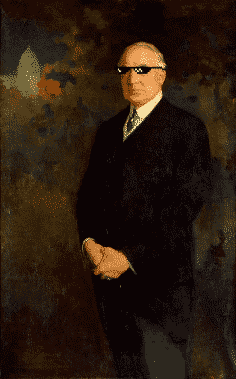Politics and Technology of 1920 
TechnologyThe 1920s was a decade of new technology. Before 1920, radios were used to communicate with ships at sea. They would use Morse code messages. In the 1920s the radio began to increase in popularity across the U.S and europe. The KDKA and BBC were broadcasting station that began to surface. In 1922 the BBc started spreading across the UK. During World War II the radio once agan was important. It helped jourlist and raido relplyed news of the war to the public. After the war the radio became more of somthign you would listen to music on. The FM radio station began to take over. And new forms of music started to emerge like rock and roll.  The model T was introduced in 1908 Henry ford wanted the model T to be very affordable, simple and durable. The motor company could sell the vehicle for between $260 to $850. The car was offered in black from 1912 to 1925, but however before there where varoius models of the vehicale. There were a variety of colors including blue, red, grey and green. The model T was so popular that Henry Ford said “Theres no use trying to pass a Ford, because theres always another one just ahead.” in the eraly 1920s more than half of the registarred vehicles in the world were Fords. More than 15,000,000 model T’s were built and sold.  |
PoliticsEver since the recent gay staffer scandal in Congress I always wondered how we got here, if US politics were always the way the are now. In 1921, the first president elected in the decade came into power: Warren G. Harding. Harding was a bit of a quirky guy, his campaign slogan was “Return to normalcy” an apt description for how he aimed to reverse almost all changes from the progressive era. This included making even stricter immigration laws, lower business taxes, and higher protective tariffs. Harding came into effect 2 years after prohibition started, which he did not address in his presidency. Harding also unleashed some of the biggest scandals in US history, which included transferring ownership of Navy oil reserves to the Department of the Interior for leasing to private companies. Harding died before he could finish his four year term in 1923, and was succeeded by Calvin Coolidge. Coolidge reverted everything that happened during the scandal, rooted out all the perpetrators, and then left. During this time, the Coolidge administration also focused mainly on internal economic growth within the United States, though he also vetoed a bill that wanted to give bonuses to veterains from WW1.  |

